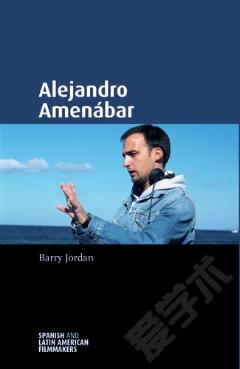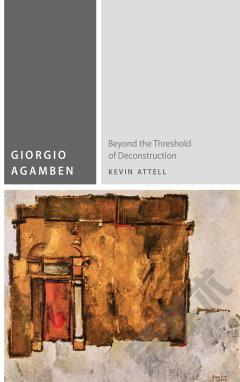Alberto Giacometti
Alberto Giacometti's attenuated figures of the human form are among the most significant artistic images of the twentieth century. Jean-Paul Sartre and Andre Breton athe great thinkers whose thought has been nurtured by the graceful, harrowing work of Giacometti, which continues to resonate with artists, writers and audiences. Timothy Mathews explores fragility, trauma, space and relationality in Giacometti's art and writing and the capacity to relate that emerges. In doing so, he draws upon the novels of W.G. Sebald, Samuel Beckett and Cees Nooteboom and the theories of Maurice Blanchot and Bertolt Brecht; and recasts Giacometti's Le Chariot as Walter Benjamin's angel of history. This book invites readeof discovery through Giacometti's deep concerns with memory, attachment and humanity. Both a critical study of Giacomettiimmersion in its affective power, it asks what encounters with Giacometti's pieces can tell us about our own time and our own ways of looking; and about the humility of relating to art.
{{comment.content}}








 京公网安备 11010802027623号
京公网安备 11010802027623号